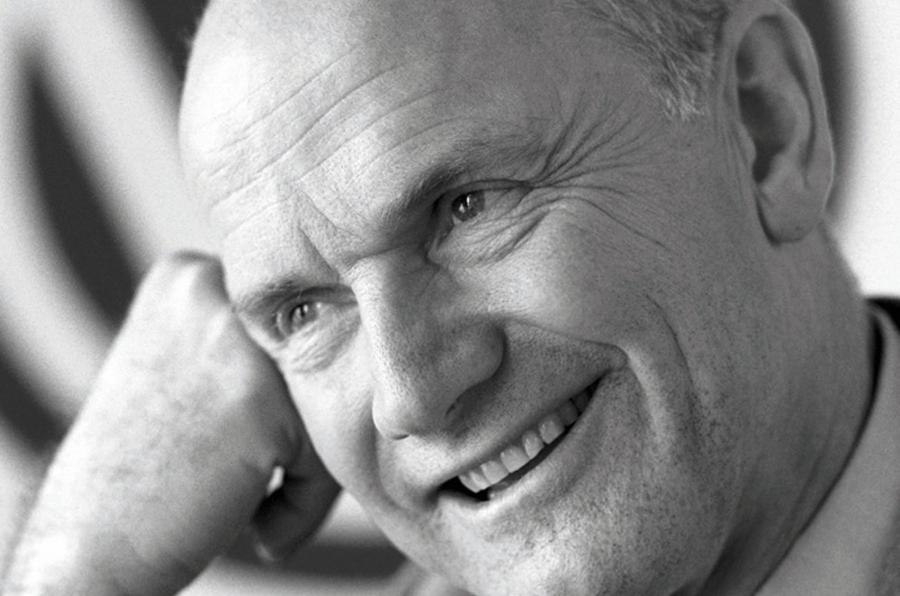So farewell then, Volkswagen Phaeton, at least from the British market.
You never achieved big or even respectable sales here - mostly because you lacked a prestigious badge and looked like a big Passat - but we’ll miss you because those of us who had the pleasure of a drive (or better still, a ride in your sumptuous rear compartment) were never in doubt that you were a 24-carat sophisticate.
Volkswagen uncovers the Phaeton's replacement at the 2016 Geneva Motorshow - the Phideon
Our consolation is that at this very moment there are 50 of your number on sale secondhand around the country, mostly healthy-looking cars at prices starting below £3000.
Most are practical V6 diesels, but we’ll remember you best for the barmy 6.0-litre W12 version, which seemed so wrong for the brand that in older age it has become gloriously right and understandably rare.
The Phaeton and I go back a long way. I was one of a few dozen Car of the Year jurors rather hurriedly smuggled to a snow-covered Finnish (I think) test track in the winter to try the car just before its launch at the 2002 Geneva Motor Show.
We were allowed to interview its normally elusive creator, the great Ferdinand Piech, recently departed from the Volkswagen Group supervisory board but is still justly acknowledged as the author of the super-successful modern culture that has made it a 10 million-a-year car seller.
Piech was going through a strange period during which he was trying to align VW’s marque values with those of Mercedes-Benz (and Seat with Alfa Romeo, among other aberrations), so at said Finnish test track he brought along big-engined versions of the Mercedes S-Class and BMW 7 Series cars to compare with his new limo. Since his car had permanent four-wheel drive and the road was an icy, snowy and rutted, the Merc and Beemer were outclassed. It was a fact Piech expected us to accept without quibble.
He became irritated when we protested that we weren’t comparing like with like, insisting at one point that the Phaeton was the finest achievement of his career, eclipsing even the project popularly regarded as his finest ever, the creation of the mighty Porsche 917 Le Mans racer.













Join the debate
Add your comment
Second silliest car of the period?
Footballers favorite
I don't see the point in